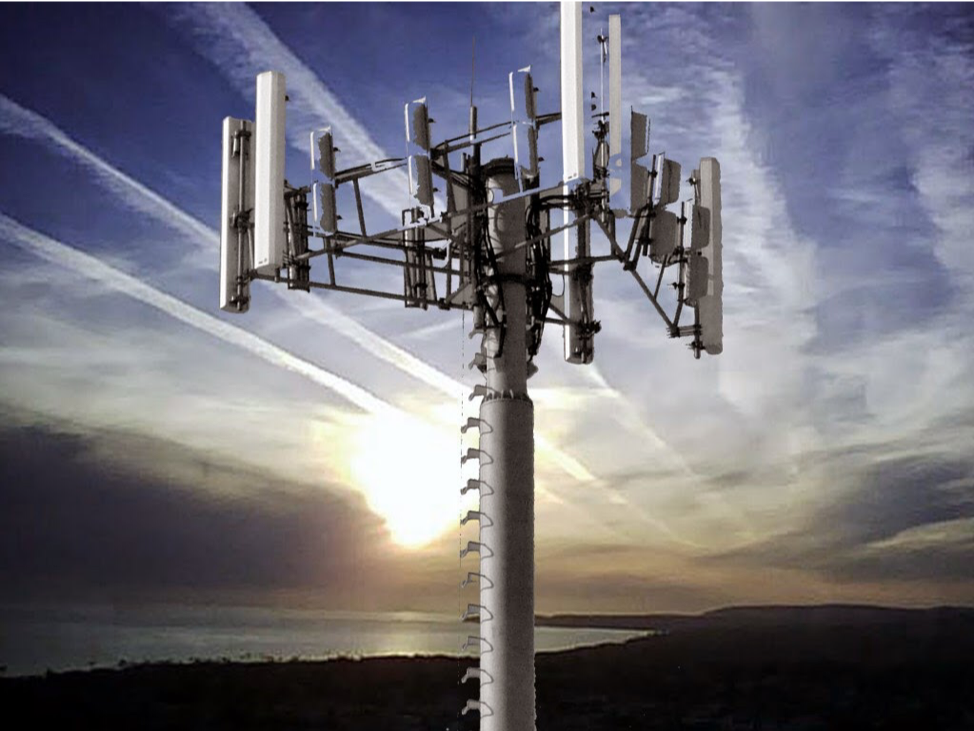- Transporting data
- Transporting people
Transporting data was considered the higher calling. It was about changing the future. It was also much more cost effective. When leaving Earth’s orbit, every gram makes a difference. Not having to include thousands of pounds of life-support equipment changes the whole equation and allows much more to be accomplished. Regardless of what Elon Musk says, if pure financial analysis has anything to say about it, the future of space travel is fully automated.
The same logic of evaluating all projects into moving data vs people (or pounds) can be applied to most companies in business. Companies like Google or Facebook are obviously all about moving data. But for companies like Amazon or Apple it’s not so blatantly obvious. Yet if you look closer, you can see that they still fall into one of the two categories.
Amazon and Apple seem to be almost polar opposites. All of Amazon’s activities, including the digital assistant Alexa, are geared to moving ever more and more products from their warehouse to your home. Amazon uses tech to move more pounds. Alexa may be in the business of digital management, but at the end of the day, her primary objective is to give you unfettered access to placing an order with Amazon’s warehouse, triggering a new order which must be delivered to your house.
Apple on the other hand sells physical devices to allow for the endless transmission of data. They want you to be able to create art, share photos, FaceTime with your grandmother. Apple considers it a victory if their device becomes almost invisible and you have friction-free access to your media content or can effortlessly create new content.
Apple’s products for the most part are portals for the transmission of data versus Amazon’s tech which serve as portals for the delivery of packages. The same can be said of a company like Tesla. Regardless of how cutting edge any tech they employ is, they are still in the business of moving packages, only their packages are people.
So why is this distinction relevant? Because of the same problem that NASA has. It takes many more resources to move pounds. Companies that are involved with moving packages or people can only move so many pounds in a day, whereas the growth of data movement can be exponential. It is far easier to bring the world to you via data as opposed to bringing packages to you or you to the world. Companies that are in the business of transporting data deserve higher valuations because their growth can be exponentially greater. Lower growth means a lower valuation by Wall Street.
And right now, investors are struggling with how to value manufacturers or retailers that employ tech versus actual tech companies. This distinction will become more and more apparent as time goes on. Already you can see the cracks in Tesla’s tech façade. For a tech company, they seem to have an awful lot of traditional automotive manufacturing problems.
I don’t mean to imply that there is anything wrong with Amazon being a retailer who uses tech vs being an actual tech company. There’s a lot of value in getting packages delivered to people’s homes and I enjoy using Amazon’s services. However, the fact that they’re not really a tech company should be factored in when valuing their stock. They are limited by how difficult it is to deliver millions of pounds of merchandise.
The future tech equivalent to something like Amazon would be a company that can turn merchandise into data. And it’s already started. 3D printing is going to change the world. It’s far quicker and easier to sell the specs to a product and let millions of people print their own product. And when this trend picks up and everyone owns their own 3D printers, small business can bypass Amazon and deliver directly to their customers.
Now available in iBooks —> The Tesla Bubble




 RSS Feed
RSS Feed